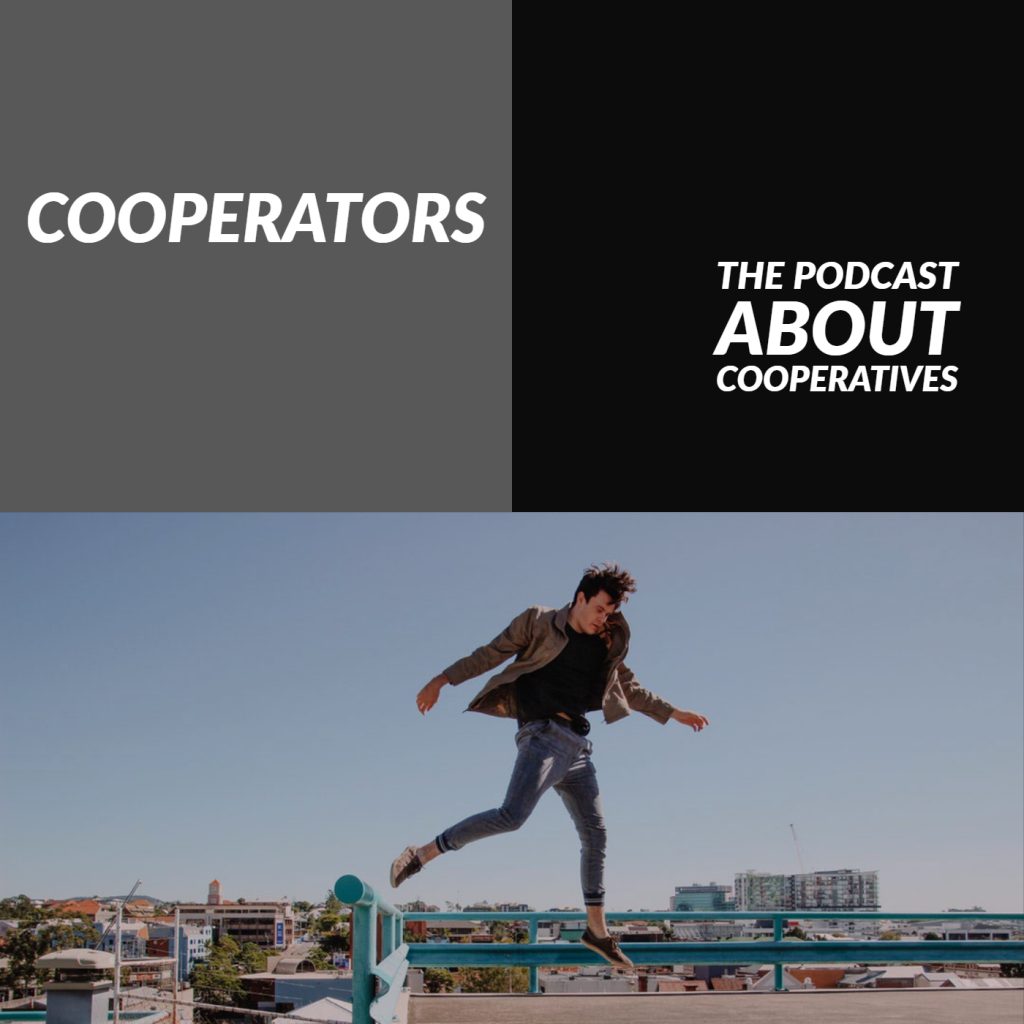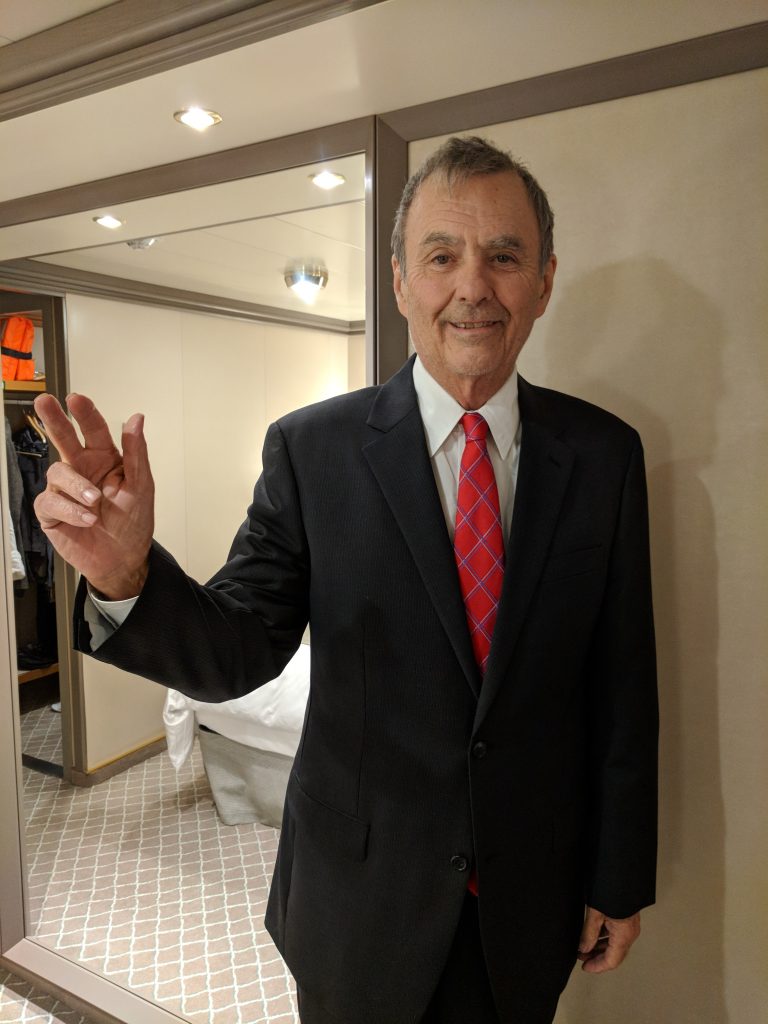The Cooperators Podcast Episode 13 Nathan Schneider
Podcast: Play in new window | Download (Duration: 56:01 — 76.9MB)
Subscribe: Apple Podcasts | RSS
“Everything for Everyone” – that’s the title of Professor Nathan Schneider’s book that looks at many kinds of innovative co-ops and it’s a book that gave me optimism that there just may be a bold, bright next act for cooperatives in the US.
In some ways co-ops look to have stalled – where are the new credit unions, the new grocery co-ops? There just aren’t many.
Does that mean the end is nearing?
Nope. Schneider in this podcast talks about wholly new energy for what he calls platform co-ops and also reimagined housing co-ops for instance.
He also is a big booster of purchasing co-ops which, he says, often provide significant benefits to their members but without winning much public notice for the good they do.
There’s also a lot of enthusiasm around employee ownership of businesses – worker-co-ops for instances – which, Schneider points out, won support from both Paul Ryan and Bernie Sanders and it is difficult to imagine them agreeing on anything else.
New times call for new kinds of co-ops and that is happening. Not always smoothly, not always easily, but it is happening.
Why aren’t there still more co-ops? A lot of this podcast is an exploration of the infrastructure requirements that will help enable more co-op formation and success. It can happen. And you’ll hear concrete ideas about the changes that should happen.
And co-ops just maybe can bring improvement to many areas of our lives.
Co-ops also faced what might be called PR problems in the cold war era, said Schneider. It was not a good thing to be seen as a cooperator which some believed was a step nearer Communism. But that stigma may be fading away.
And that may also help an ushering in of a boom era for cooperatives.
A word on format. This podcast started out on one medium – but after 15 minutes that signal vanished. Another 45 minutes were then recorded on a different channel. If you think you hear differences you are probably right. But the quality is good throughout. And the ideas are provocative.
Listen up.

Like what you are hearing? The Cooperators Podcast seeks sponsors and supporters to help us spread the word about cooperatives and how they often are the better way. Contact Robert McGarvey to find out what you can do to sustain this podcast.

